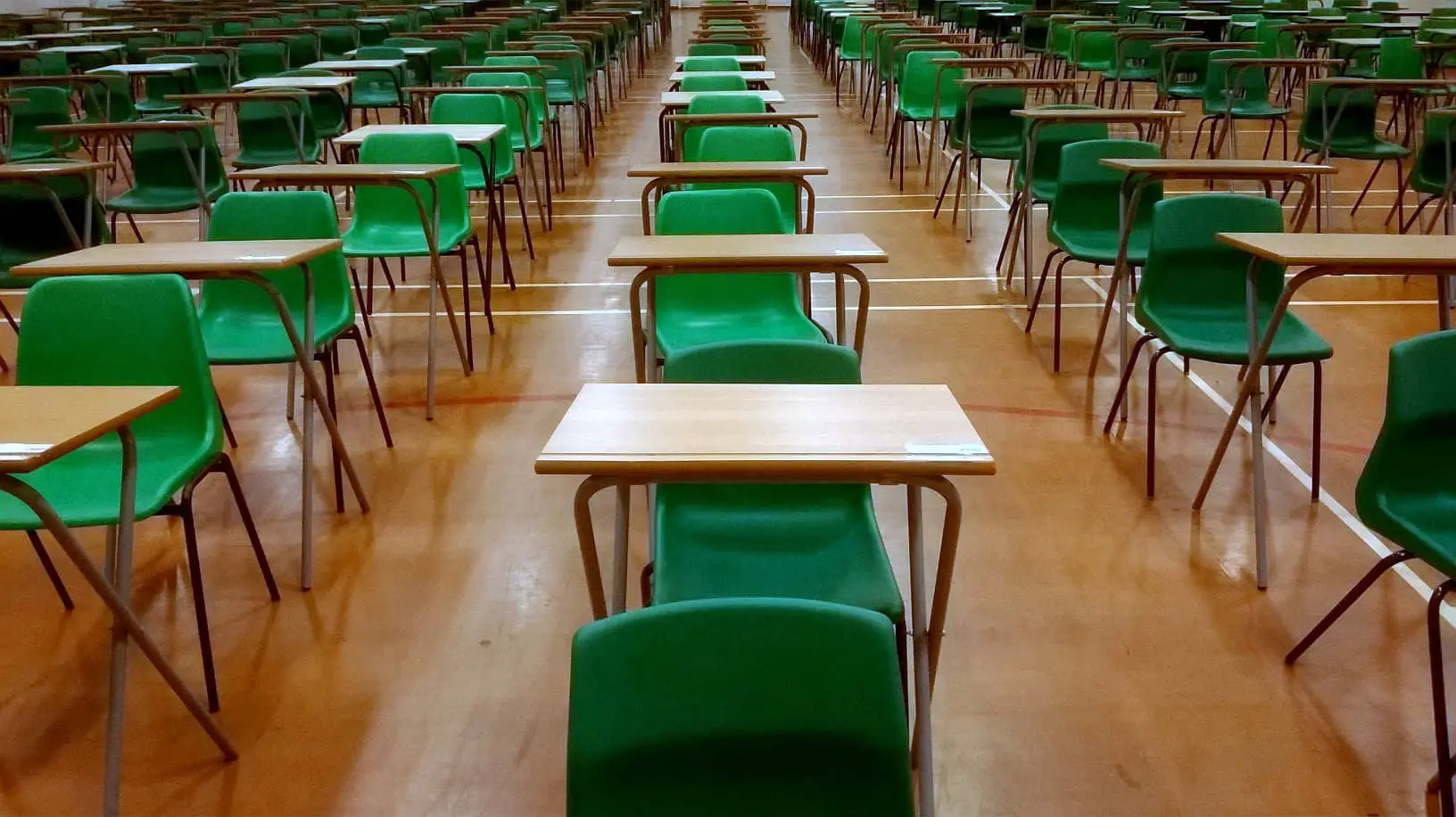Responding to the Department for Education’s announcement yesterday on next year’s GCSE and A level exams, Peter Shreeve, Assistant District Secretary of the National Education Union said:
“Some might call the announcement a dereliction of duty by government to those within education. A postponement of an extra three weeks for students to prepare for exams does not address the disruption of five months of missed in-school teaching.
“Pupils taking GCSE and A levels next summer are already in a worrying position.
“Last month the National Foundation for Educational Research (NfER) indicated:
- only 66% of the usual curriculum had been covered by July,
- the learning gap between disadvantaged pupils and their peers increased by 46 per cent and
- 44% of pupils are in need of intensive catch-up support.
22.9 months disadvantage gap
The Assistant District Secretary of the National Education Union went on to say,
“This learning loss impacts most severely on disadvantaged pupils. The latest Education Policy Institute (EPI) Island disadvantage gap figures when compared to non-disadvantaged students on the Isle of Wight was 22.9 months in secondary education.
“Many of whom have no access to the Internet, which denies them access to remote learning. Some pupils are undoubtedly missing further schooling too, as they self-isolate at home or wait for Covid test results.”
No compensation for disruption to teaching time
He went on to say,
“Island pupils, staff and parents are anxious about a possible local lockdown in the future. It is completely unrealistic, and unfair, to expect these pupils to take exams which make no compensation for disruption to school teaching time.”
Greater choice of topics needed
Mr Shreeve highlighted call from other unions as well as the NEU for pupils to have greater choice of topics. He said,
“In unprecedented joint advice with the other teacher and leader unions, the NEU advised Gavin Williamson that GCSE and A level exams must be altered to include greater choice of topics, which would enable pupils to be examined on what they have, not what they have not, been taught.
“We continue to believe that a greater choice of questions in exam papers, along with fewer exams, will be essential to support fairness and to decrease the ongoing and increasing very high rates of pupil stress.”
“What will happen to students who are unable to sit exams in the summer? Why are contingency plans missing? Why are the government consulting, now, on how exams will be graded and what the fall back would be if exams cannot be taken? Ministers have had months to plan for these contingencies which, as Covid levels rise in communities, become ever more likely.
Practical reality being ignored
Mr Shreeve finished by saying,
“Yesterday’s announcement is surely an appalling example of practical reality being ignored. The impact of these decisions will impact most severely on the most disadvantaged and therefore demonstrates that, despite its rhetoric, this is not a government which is interested in levelling up.
“At exam time in the summer, many students felt a great unfairness. This must be avoided in 2021. The government must reconsider and introduce greater topic optionality into the exams.
“If government does not or changes its mind slowly, members tell us that exams, even with greater optionality, will be less tenable. In which case, the only route to fairness would be a complete cancellation of exams and the use of robustly moderated, externally quality-assured teacher judgements.”
Image: comedynose under CC BY 2.0





